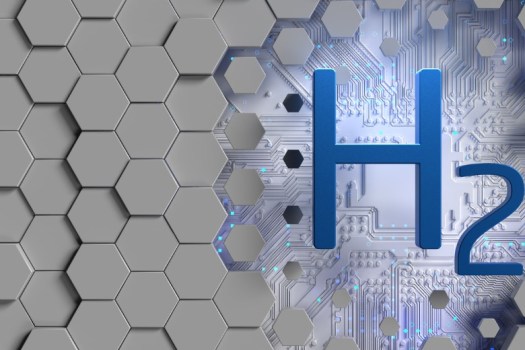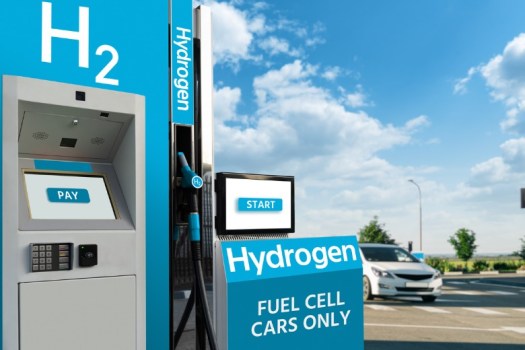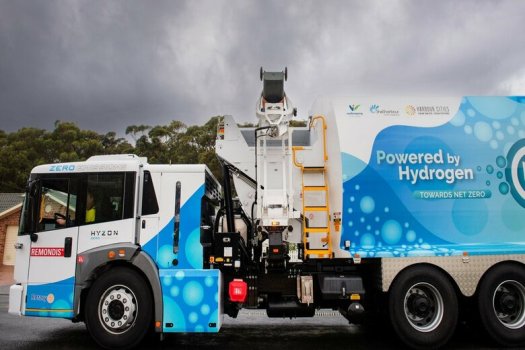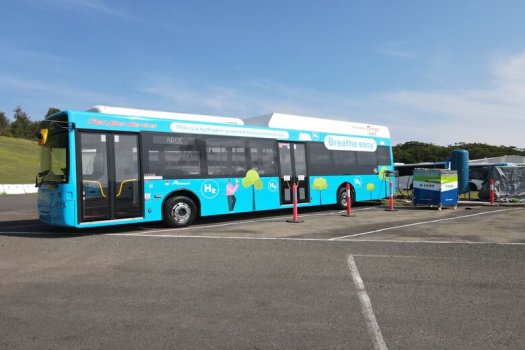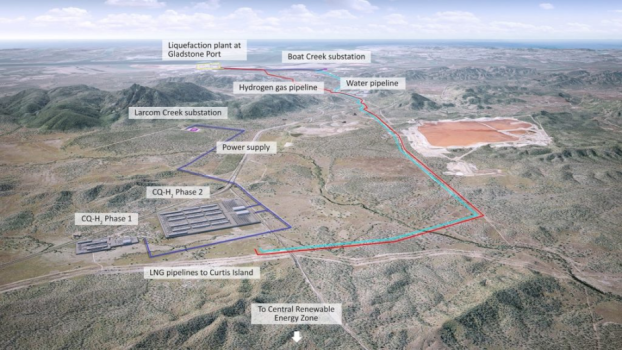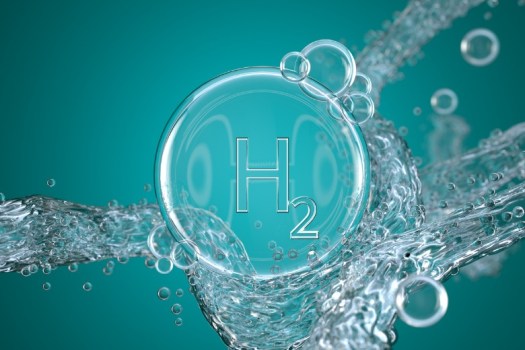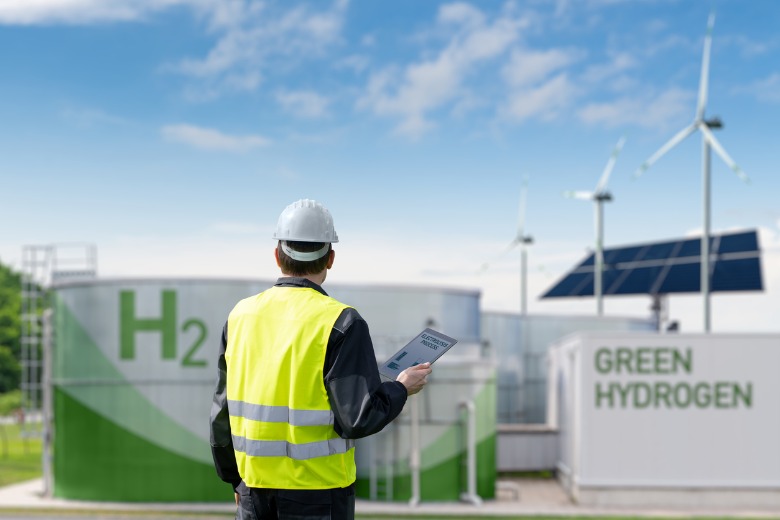
A leading think tank says hydrogen is being over-hyped, and is calling for investment to be better targeted to ensure a sustainable industry.

The Grattan Institute says hydrogen has many benefits, but it also has drawbacks. For starters, it can be hard to handle, hard to transport, and costly to produce.
“We need to dial down the hype about hydrogen – it’s now clear it will not be the sole clean fuel in a net-zero world,” it says in a new report.
“To date, governments have seemed more concerned with hyping Australia’s hydrogen prospects and hoping for the best, rather than doing the hard work to establish integrated industry policy for proportionate, targeted, and timely support.”
The report, titled Hydrogen: hype, hope or hard work , considers a range of applications for hydrogen and comes up with three groups: good prospects, jury still out and don’t go there because of supply issues and competing technologies.
Thumbs up for production of ammonia, alumina, iron
The authors conclude that the government should be cautious about supporting hydrogen for uses like energy storage and road-freight.
It and recommends ruling out hydrogen as a gas in homes and commercial buildings, or as a petrol substitute in light passenger vehicles.
However, hydrogen gets the thumbs up for the production of ammonia, alumina and iron, where it can be used efficiently, cost effectively and at a scale that can support a viable, long tern industry that won’t rely on subsidies.
That’s as long as measures are factored in to balance the ‘green premium’ or additional costs associated with hydrogen, including reducing energy prices, lifting the price of carbon and using industry policy to underwrite demand for green versions of ammonia, alumina and iron.
Hydrogen hubs questioned
The report also questions the federal government’s support for hydrogen hubs, saying the hydrogen hubs grants program is unlikely to drive growth.
It says the hydrogen hub model – based on the co-location of hydrogen producers and users – was devised in 2019 when hydrogen was thought to be a simple low-emissions replacement for natural gas and used for the same large range of applications.
“As noted throughout this report, however, we now know that this is unlikely to be the case,” the authors say.
Grattan’s Deputy Energy and Climate Change Program Director Alison Reeve, who helped develop that 2019 National Hydrogen Strategy, says the excitement about hydrogen has settled since “practicalities” emerged and It’s now clear it isn’t a golden ticket to net zero.
“Making hydrogen cheap, even if there’s vast amounts of renewable energy … is actually really, really hard,” she says.
‘Whichever sets of choices you end up making, it still looks like an expensive and complicated exercise.”
Look at the bigger picture
Co-author Richard Yan, a senior associate in the Energy and Climate Change Program says its important not to view hydrogen in isolation but as part as a wider decarbonised economy.
“There are some uses for hydrogen that are just really not worth bothering with or for the government to consciously support. .. so there’s a clear need to be more strategic about hydrogen use,” he says.
The National Hydrogen Strategy is currently under review with the consultation period recently closed.
The review will ensure the future hydrogen strategy “positions Australia on a path to be a global hydrogen leader by 2030 on both an export basis and for the decarbonisation of Australian industries”, the government says.
Comment below to have your say on this story.
If you have a news story or tip-off, get in touch at editorial@governmentnews.com.au.
Sign up to the Government News newsletter
